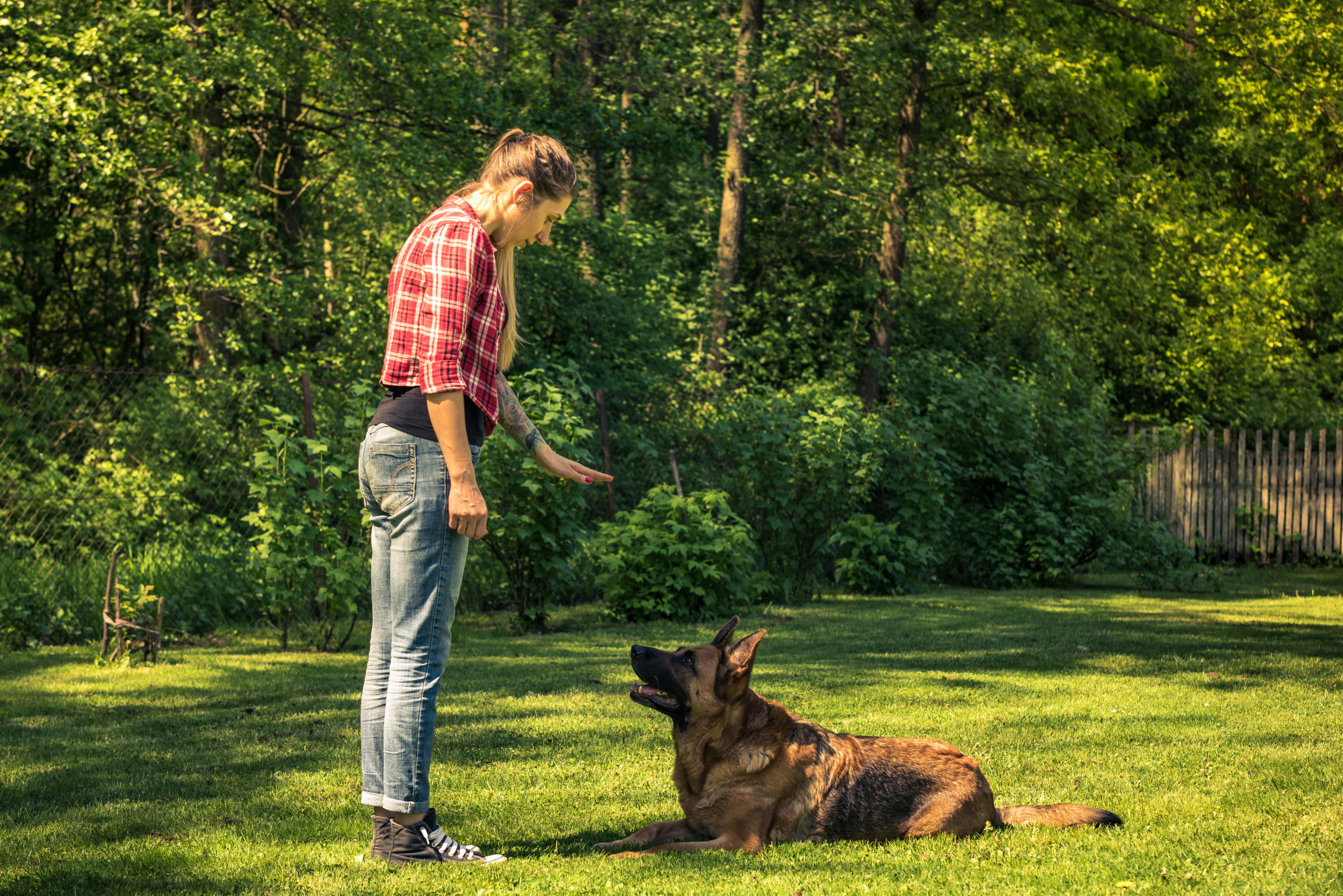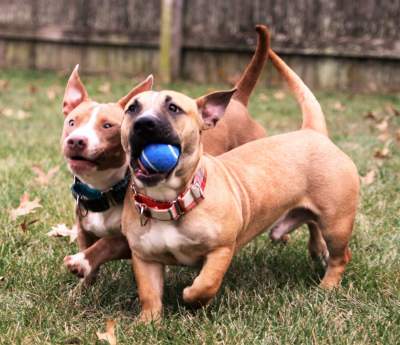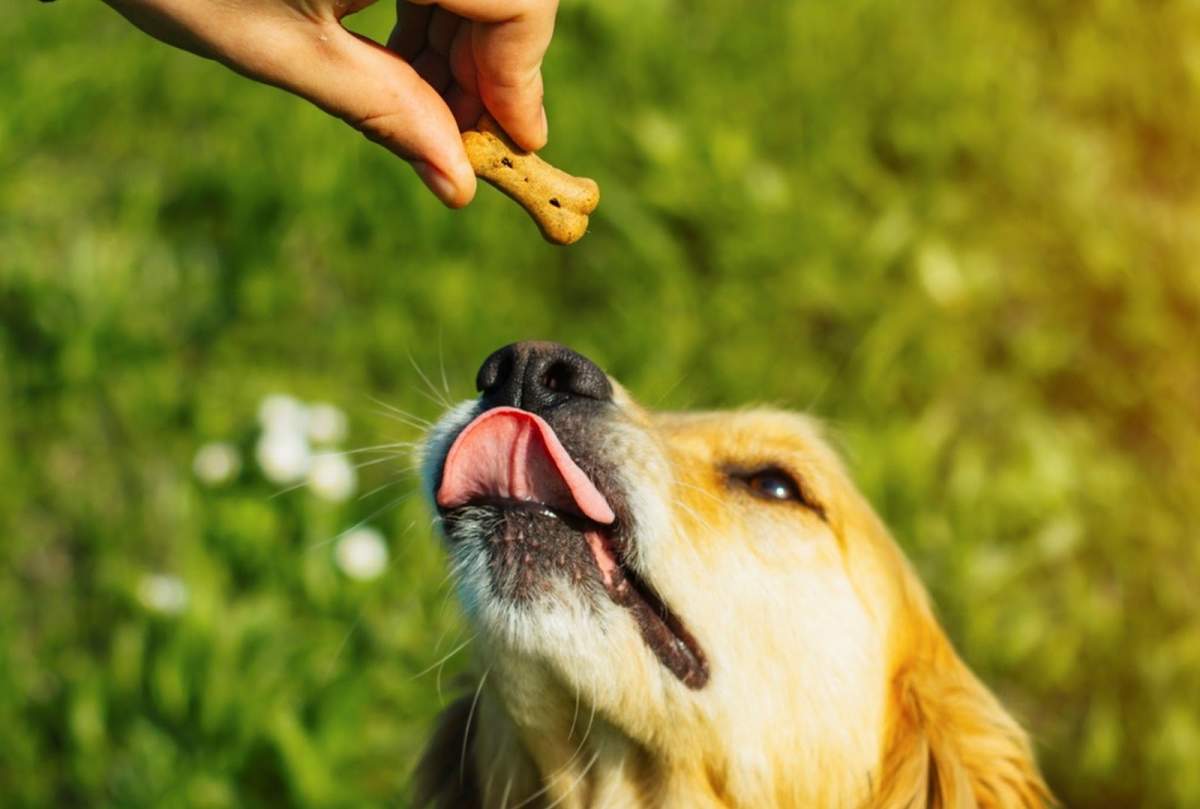Dogs are man’s best friend, and proper training is essential in forging a strong, loving bond between you and your pet. Dogs crave structure, routine, and clear communication. Believe it or not, dog food plays a crucial role in training when introducing new commands or reinforcing good behavior.
This comprehensive guide to dog training covers basic and advanced training techniques and addresses specific behavioral issues.
Understanding Dog Behavior
The psychology behind dog behavior
To train our dogs effectively, it is crucial to understand the science behind their behavior. Dogs are intelligent creatures with strong desires to please their owners and establish routines. They communicate primarily through body language, vocalizations, and facial expressions. Paying attention to these cues will help us make sense of their emotions and provide appropriate responses.
Reading Suggestion: Why Shih Tzu Are The Worst Dog
Common behavioral issues and their causes
Several behavior problems are common among dogs, such as barking excessively, digging holes in the yard, or separation anxiety when left alone.
Common causes for these behaviors include boredom, fear, lack of mental stimulation or social interaction, and and inconsistent reinforcement during training. Identifying the root cause behind these issues is integral to addressing them effectively.

Basic Training Techniques
Positive reinforcement training
Positive reinforcement is one of the most effective training techniques for dogs. When teaching your dog, reward them with treats, praise, or attention every time they display the desired behavior. Your dog will learn to repeat good behavior in anticipation of rewards by consistently reinforcing good behavior.
Clicker training
Clicker training uses a small clicker device to make a distinct sound each time your dog performs the desired action. The sound is immediately followed by a treat or praise to make the association between the sound and the reward clear.
Leash training
Leash training teaches dogs to walk politely beside you on a leash without pulling or straining against it. Practice walking with slack on the leash and rewarding your dog when they maintain a good position.
House training
House training requires consistency and patience but can be achieved through various methods such as crate training, close supervision, or tethering (tying your pet to you with a leash).
Reading Suggestion: Parti Yorkies
Advanced Training Methods
Sit, stay, and lie down commands
Training your dog to sit, stay, and lie down teaches them obedience and strengthens the bond between you. Practice these commands frequently using positive reinforcement, aiming for consistency in your dog’s response.
Recall training
Recall training teaches your dog to come when called. Start with shorter distances and gradually increase, always rewarding them when they return to you.
Heel training
Heel training prevents unnecessary pulling during walks by teaching your dog to maintain a position beside or slightly behind you. Use consistent verbal cues and rewards for successful heel behavior.
Socialization training
Socialization training helps acclimate your dog to various environments and experiences, such as encountering different people, animals, and noises.

Addressing Specific Behavioral Issues
Separation anxiety
Addressing separation anxiety involves creating positive associations with being alone and progressively increasing the duration of your absences. Gradual departure routines, chew toys as a distraction, and puzzle feeders can help alleviate anxiety.
Excessive barking
To correct excessive barking, first identify the triggers causing it (e.g., boredom or fear). Once identified, use redirection or desensitization techniques to minimize the issue.
Aggression
Aggression can result from fear (resource guarding) or insecurity (dominance displays). Identifying the root cause is essential in effectively addressing it through behavior modification techniques such as counter-conditioning.
Fearfulness
Fearful dogs require patience, understanding, and gradual exposure to the source of their anxiety. Avoid forcing your dog into scary situations. Instead, use positive reinforcement to encourage gradual interaction with the fear-inducing stimulus.
Reading Suggestion: Doberman Poodle Mix
Training Tips for Specific Breeds
Retrievers
Retrievers are intelligent, energetic, and eager to please. When training these dogs, focus on positive reinforcement using their favorite toys or food. Consistency is critical – stick with a daily routine to help them quickly grasp new commands.
Terriers
Terriers can be stubborn but are intelligent and love challenges. Use games and puzzles that combine physical and mental stimulation to make the most out of their training sessions. Reward-based training using treats works best for these breeds.
Herding dogs
Herding dogs are natural problem-solvers with high energy levels and instinctive behaviors like nipping at heels or barking energetically. To avoid behavioral issues, establish your dominance early on through consistent training methodologies and redirect excessive energy into positive outlets like obedience training or dog sports.
Small breed dogs
Many small-breed dogs possess strong-willed personalities that require special attention during training. Patience is key as they may not respond as quickly or easily as larger breeds. Use a combination of treats and praise during brief and enjoyable training sessions.
Reading Suggestion: Chihuahua Pitbull Mix
Dog Training Tools and Equipment
Collars and harnesses
Collars with appropriate size adjustments are essential for basic obedience training, while harnesses provide added control during specific tasks such as leash-pulling or if your dog is prone to respiratory issues.
Treats and rewards
Positive reinforcement through treats motivates dogs, making them more receptive to learning new commands. Choose high-quality, nutritious dog food and treats that suit your pet’s dietary requirements.

Training aids for specific purposes
Consider items such as clickers for creating an association between a sound and desired behaviors or gentle leaders designed to provide gentle control when teaching leash manners.
Safety Measures and Precautions
Supervising dog interactions
Always supervise pets during playtime with other dogs, keeping an eye out for negative body language or aggressive behavior.
Creating a safe training environment
Choose an area free of distractions where your dog feels secure, such as a fenced backyard or quiet room in your home.
Dog training etiquette in public places
Ensure your dog is leashed during walks, has proper identification tags, and follows public park rules regarding off-leash areas.
Reading Suggestion: Mini Dachshund Pitbull Mix
Troubleshooting Training Challenges
Dealing with stubborn behavior
Identify and address the root cause of stubbornness—lack of motivation, fear, or previous mistreatment may contribute to such behavior. Dedicate extra patience, time, and consistency to working through these challenging behaviors.
Training older dogs
While young pups may learn more quickly, older dogs can still acquire new skills. Adopt a patient approach and use encouragement through treats to build confidence.
Dog training requires time, effort, consistency, and patience. It will strengthen the bond with your furry companion and equip them with important life skills.








